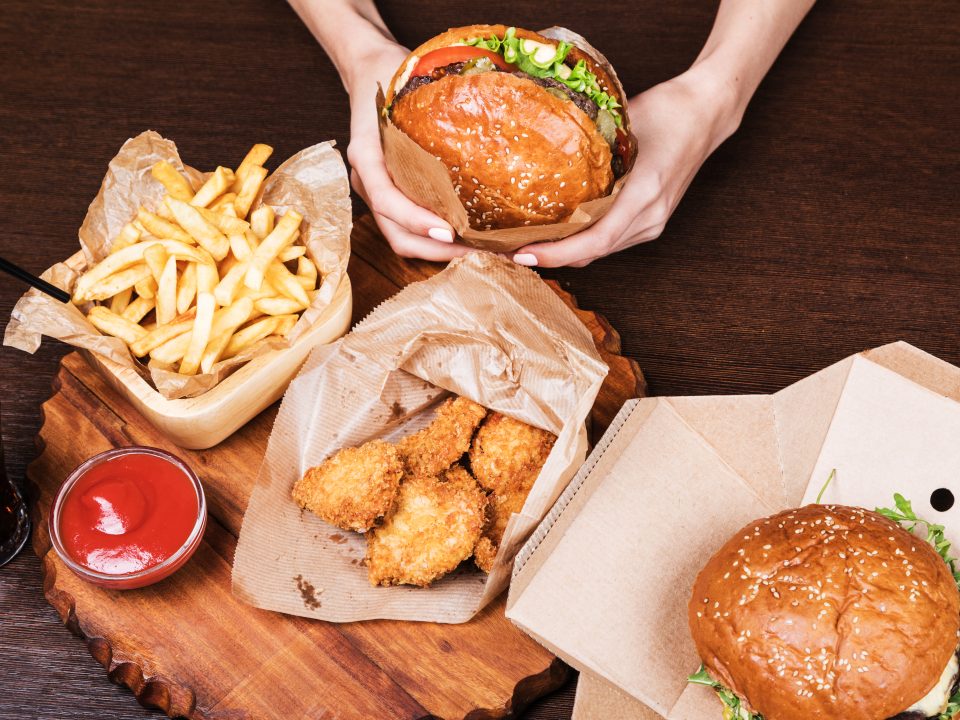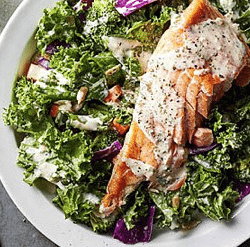
Morning Weight Loss Workout
February 27, 2018
Time for a Treat?
March 1, 2018The idea of quick-fix weight loss can be incredibly appealing. The thought of a pill, supplement, shake, or certain diet being an easy answer to getting our weight down is so much easier to contemplate than months, or even years of deprivation on a weight loss plan.
So if there are fast ways to lose weight, is it even worth the effort of trying to lose weight the hard way?
Drastically reducing calories
Cutting our calories down through using weight loss shakes or bars, soup diets, juice diets, or other very restrictive diets do work… initially. You will most likely lose weight, potentially significant amount of weight every week.
So what is the downside to this? Apart from the physical symptoms – which include headaches, mood swings, fatigue, inability to concentrate and extreme hunger – there is also the risk of quickly regaining the weight once you return to your regular diet.
One of the problems with these types of diets is that you don’t learn how to plan and prepare healthy meals, to control portions, to choose foods that are healthy and naturally lower in calories.
Your body also has a “set point” for weight, which is the weight that your body thinks it should stay at. Among other processes within your body, your metabolism will increase or decrease to try and bring your weight back to that set point.
This is one of the reasons that maintaining weight loss can be so difficult. It takes time for your body to adjust and for you to reset your weight set point to be at a lower weight. Choosing more moderate weekly weight loss over a longer duration + regular exercise are two important factors in achieving long-term weight maintenance.
Stimulants
Some weight loss supplements contain stimulants such as caffeine, which increase your metabolism temporarily so that you burn off more calories during the day. Supplements can interfere with your regular medication.
In addition, those who experience anxiety can find that their symptoms are exacerbated by the use of stimulants. They can increase heart rate and blood pressure, which can be dangerous for individuals with existing health concerns and just in general.
Kidney and liver problems can occur with ongoing use of supplements, insomnia or poor quality sleep, and gastrointestinal disruptions such as diarrhoea, bloating, and cramping can occur. If you are considering the use of a weight loss supplement, you should always check with your doctor beforehand to ensure that the benefits outweigh the risks for you.
Excluding whole food groups
Cutting out dairy completely, or meat completely, or carbohydrate foods completely. Diets such as fruit diets, vegetable soup diets, high protein low carb diets etc. While these types of diets can force weight loss – since it is almost physically impossible to over consume calories when you are only eating cabbage soup – they are not sustainable for long.
Not only will you become bored, and feel deprived on such restrictive diets, but you will put yourself at risk of macronutrient and micronutrient deficiencies. The dietary guidelines recommend consuming foods from each of the different food groups to meet your nutritional requirements.
Fruit, vegetables, dairy (or plant based dairy alternatives), meat/chicken/fish/eggs (or plant based alternatives), wholegrain breads and cereals. All offer a variety of important vitamins, minerals, protein, carbohydrate and fats that are essential for our bodies to not just survive, but to thrive.
Different types of food undergo complex interactions, for example drinking orange juice with an iron supplement helps the iron to be absorbed better. By limiting ourselves and cutting out whole food groups or types of foods, we are limiting our nutrient intake and changing the dynamics of nutrient absorption in our gut.
The healthy approach
Research has found that a lifestyle approach to weight loss, involving more healthy meal preparation cooking from scratch with unprocessed foods, more whole foods in general, taking opportunities to become more fit and active, learning good portion control, and making more conscious choices when indulging can all be effective strategies.
Making small but sustainable changes on an ongoing basis works better than restrictive diets. Learning the types of foods that are naturally lower in calories, and learning healthy meal preparation techniques. Choosing types of physical activities that work for you, your body type, and that you can enjoy.
Often, understanding your personal emotional barriers to weight loss is just as important as having knowledge about diet and exercise. Then being able to identify unhelpful coping strategies or habits and then develop new positive ones.
Weight loss is complex, and your reasons for being at the weight you are at now is probably due to a whole range of thoughts, behaviours, habits, and beliefs. Being able to put the pieces together and then work out a better approach takes time, research and determination.
If you are more than ready to take this step, create new habits, and reach your weight loss goal once and for all, why not consider one of our expert weight loss retreats? Our proven program includes mindset workshops, nutritional education, tailored exercise plans for all shapes and sizes, and a supportive environment with like minded people. What are you waiting for?





